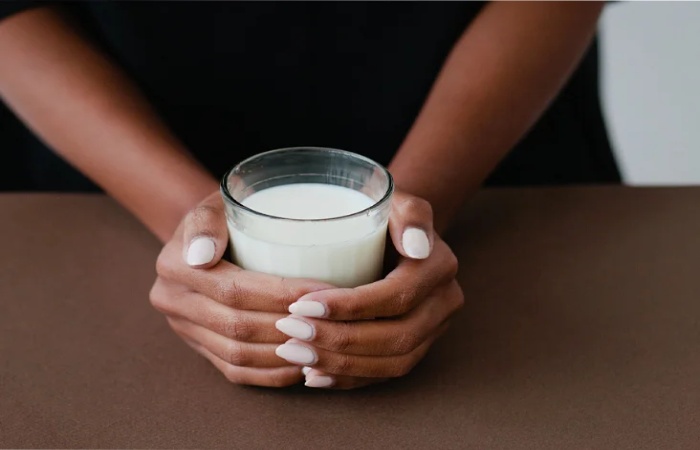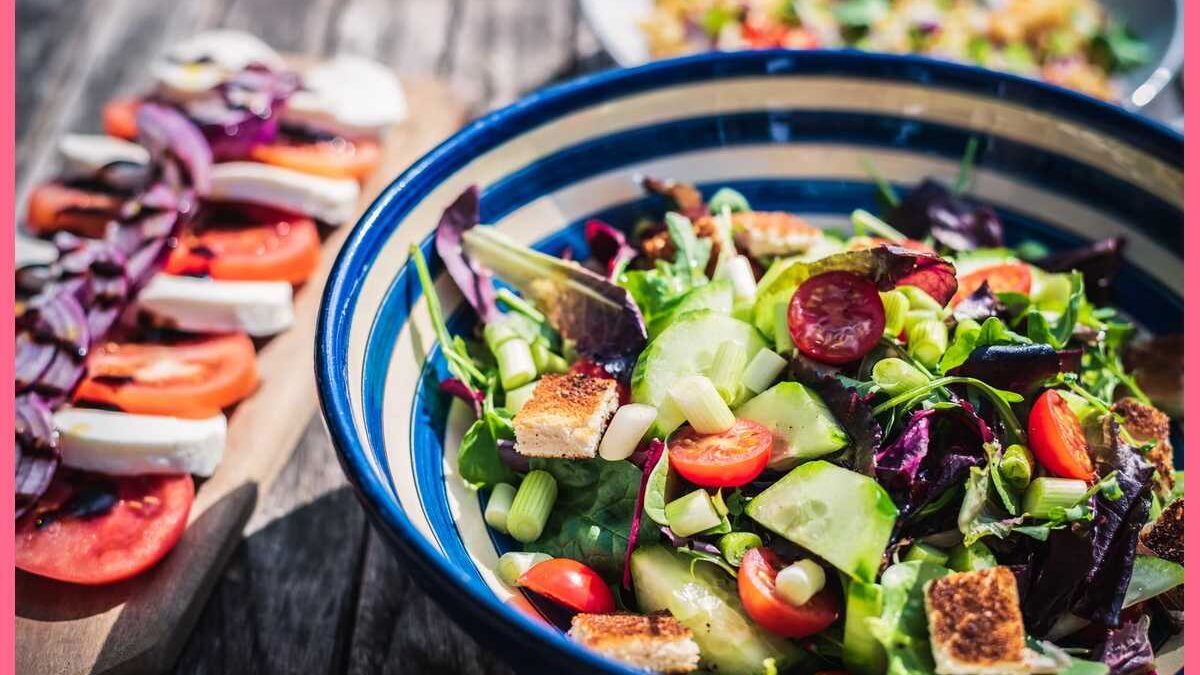Introduction
As anyone on a ketogenic diet knows, the lifestyle requires a lot of diligence. Even snacking on a banana could ruin your diet. The main goal of Keto is to use fat instead of carbohydrates for energy, a process known as ketosis. In general, Keto dieters eat a lot of fat, a moderate amount of protein, and only 20-30 grams of carbs per day to maintain ketosis. That is, about half of a medium muffin. To stay diligent on the Keto diet, reviewing the nutrition facts for low-carb keto foods is essential.
Although the Keto diet greatly restricts consumption, carbohydrates are essential for daily life. Since as we know, in addition to fat, they are the fuel we need to function day by day. This develops even more vital if you do sports because you need more “gasoline” to perform at your best during your training and competitions. Therefore, we can also healthily consume carbohydrates with high-carbohydrate foods that are also useful for monitoring our diet.
Although it is true that for the ketogenic diet, we will opt more for foods rich in healthy fats to use these for fuel, and it is that healthy fats, after all, we need in our diet to keep our body well fed.
Dairy products that could harm your Ketogenic Diet
1) Milk

Milk is an excellent source of protein and fat, but 1 cup of 2 per cent milk contains 13 grams of carbohydrates. Since you’ll likely eat other carbohydrate foods throughout the day, such as vegetables or nuts, that glass of milk can put you over the recommended 30 grams of carbohydrates per day.
Although even almond milk or oat milk can be beneficial for your muscles, keep an eye on the number of carbohydrates so you don’t make mistakes on the ketogenic diet. However, it is true that almond only contains about 2.4 grams of carbohydrates per cup.
Also, watch the type of milk you consume, skimmed, semi-skimmed, or whole. Of course, nothing is better than another; they all have their peculiarities. Skimmed milk, for example, is the lowest in fat but may have lost some nutrients and is less satiating than the other two.
2) Cottage cheese for Ketogenic Diet
C cottage cheese has long been a staple for many dieters; low in fat and high in protein. However, Keto dieters should be careful about eating plenty of cottage cheese. A single small cup of cottage cheese has about 8 grams of carbohydrates. Although it can be good to eat alone as a snack, be careful to mix it with other foods that have trace carbohydrates, such as avocados and nuts.
3) Yogurt
Nut-covered yoghurt may seem like a no-fuss Keto snack, but a 150g serving of plain yoghurt has 12 grams of carbs; if you opt for flavoured yoghurts, such as vanilla, the carb content doubles to 24 grams of carbs per 6 ounces. Your best option is plain Greek yoghurt, which contains just five grams of carbohydrates per 200g serving.
Be careful with yoghurt because if you take it to gain muscle, you can acquire more carbohydrates than necessary for the ketogenic or keto diet.

